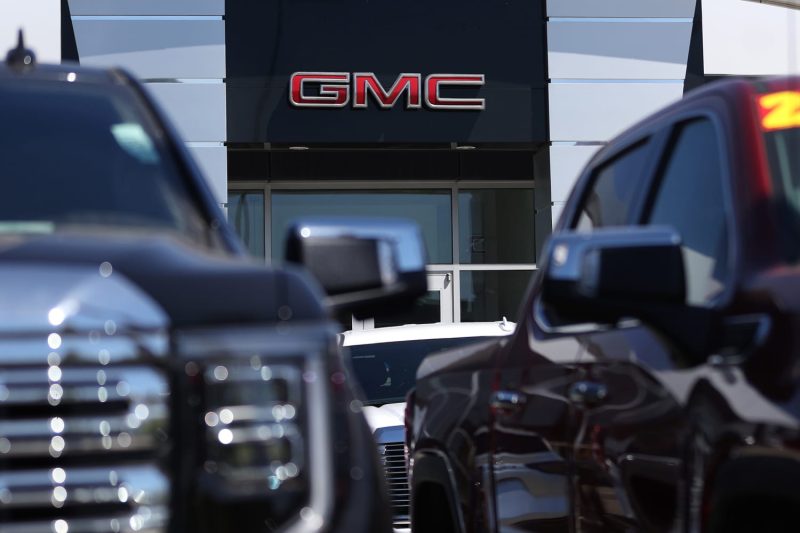General Motors (GM) recently made headlines with its decision to lay off over 1,000 salaried employees from its software and services department. This move has sparked discussions and concerns among employees, industry analysts, and investors alike. The decision comes at a time when the automotive industry is undergoing significant transformation due to technological advancements and changing consumer preferences.
One of the key reasons behind GM’s workforce reduction is the company’s shift towards prioritizing electric and autonomous vehicle development. As the industry moves towards a future of electric and self-driving vehicles, traditional automotive companies like GM are under pressure to adapt quickly to stay competitive. This necessitates a realignment of resources and a focus on hiring individuals with specialized skills in software development and digital services.
While the layoffs may be challenging for the affected employees, GM’s decision reflects a strategic move aimed at strengthening its position in the rapidly evolving automotive landscape. By streamlining its workforce and investing in areas such as electric and autonomous technology, GM aims to enhance its capabilities and remain at the forefront of innovation in the industry.
Additionally, GM’s decision to let go of employees in the software and services department may also be a response to the increasing trend of outsourcing certain functions to third-party vendors or contractors. By leveraging external resources for specific tasks or projects, GM can reduce costs, improve efficiency, and access specialized expertise on an as-needed basis.
Moreover, GM’s move aligns with broader industry trends towards digitalization and automation. Companies across various sectors are increasingly leveraging technology to streamline operations, enhance customer experiences, and drive innovation. In this context, GM’s focus on strengthening its software and services capabilities underscores the importance of digital transformation in the automotive sector.
Looking ahead, the implications of GM’s layoffs go beyond the immediate workforce reduction. The decision serves as a reminder of the ongoing shifts and challenges facing traditional automotive companies in an era of technological disruption. As GM continues to navigate these changes, it will be crucial for the company to prioritize investment in future-oriented technologies, talent, and strategies to secure its position in the evolving automotive industry landscape.
